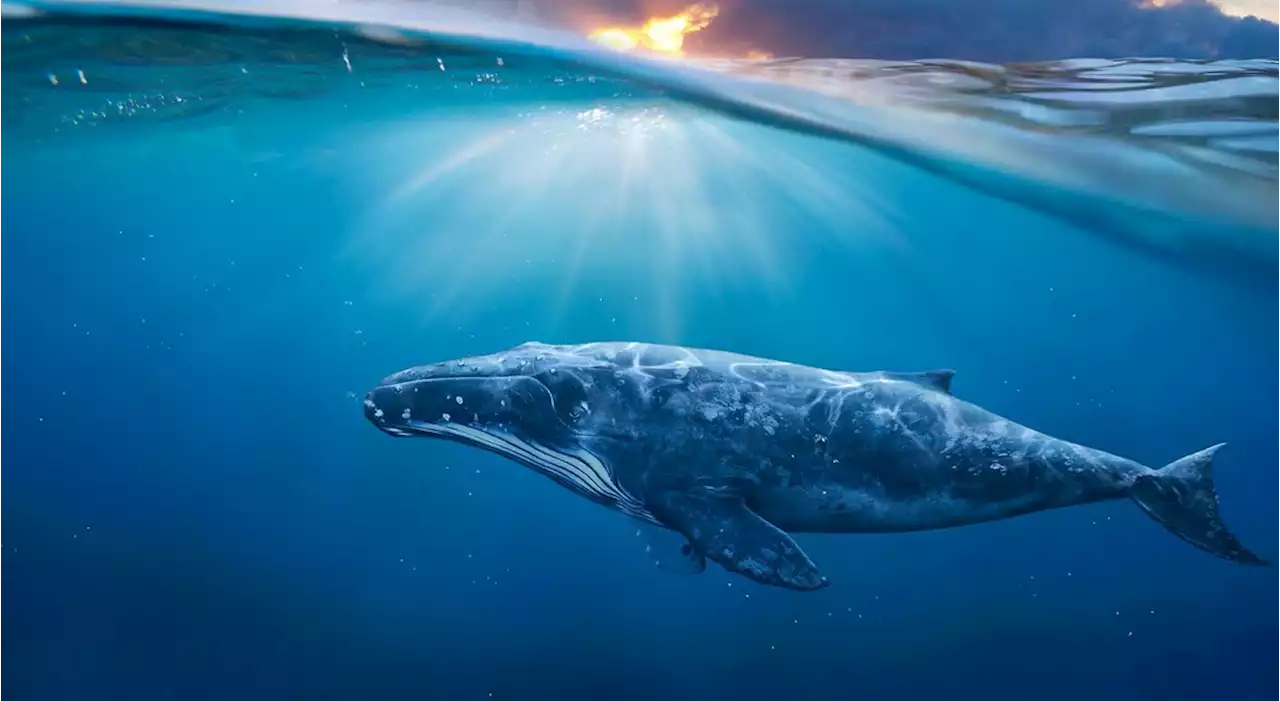'They’re lower on the food chain than you might expect by their massive size, which puts them closer to where the plastic is in the water.' Find out more at 🚀
Plastic was first reported in marine food webs 50 years ago, and the ingestion of microplastics has been found in at least 1,000 species. The only question was: how much did these sea animals actually consume?set forth to find the answer. This was the first time the group's research about whales has been connected to plastic pollution.Nature Communications
"The unique concern for whales is that they can consume so much," study co-author Matthew Savoca, a postdoctoral scholar at Hopkins Marine Station, Stanford’s marine laboratory on the Monterey Peninsula,The whales mostly feed 50 to 20 meters below the surface of the ocean, a depth known to contain the highest concentrations of.
According to lead study author Shirel Kahane-Rapport, who worked on the research as a PhD student in the Goldbogen Lab at Stanford, the study shows that whales are not getting the right nutrition they require to survive."We need more research to understand whether krill that consume microplastics grow less oil-rich, and whether fish may be less meaty, less fatty, all due to having eaten microplastics that gives them the idea that they’re full," said Kahane-Rapport.
United States Latest News, United States Headlines
Similar News:You can also read news stories similar to this one that we have collected from other news sources.
 Researchers have solved the mystery of Namibia's fairy circlesSecrets of Namibia’s fairy circles have been uncovered by University of Göttingen scientists.
Researchers have solved the mystery of Namibia's fairy circlesSecrets of Namibia’s fairy circles have been uncovered by University of Göttingen scientists.
Read more »
 Jet-lagged plants enable researchers to understand human health problems - here's howJet-lagged plants pave the way to the first digital plant to understand human health.
Jet-lagged plants enable researchers to understand human health problems - here's howJet-lagged plants pave the way to the first digital plant to understand human health.
Read more »
 Researchers discover long-lost plaster copies of the Nazi-damaged fossil“We both looked at each other, and we’re like, ‘Why does that seem familiar?” Find out more at 🚀
Researchers discover long-lost plaster copies of the Nazi-damaged fossil“We both looked at each other, and we’re like, ‘Why does that seem familiar?” Find out more at 🚀
Read more »
 Researchers devise smart glass windows that can polarize sunlight for wireless data transmissionBasem Shihada, an associate professor of Computer Science at the King Abdullah University of Sciences and Technology (KAUST), had been exploring data encoding into an artificial light source when he wondered if the same could be done with sunshine.
Researchers devise smart glass windows that can polarize sunlight for wireless data transmissionBasem Shihada, an associate professor of Computer Science at the King Abdullah University of Sciences and Technology (KAUST), had been exploring data encoding into an artificial light source when he wondered if the same could be done with sunshine.
Read more »
 The scandal of researchers paid less than a living wageThe cost-of-living crisis is a fundamental threat for PhD scholars and early-career researchers. They need to be paid properly.
The scandal of researchers paid less than a living wageThe cost-of-living crisis is a fundamental threat for PhD scholars and early-career researchers. They need to be paid properly.
Read more »
